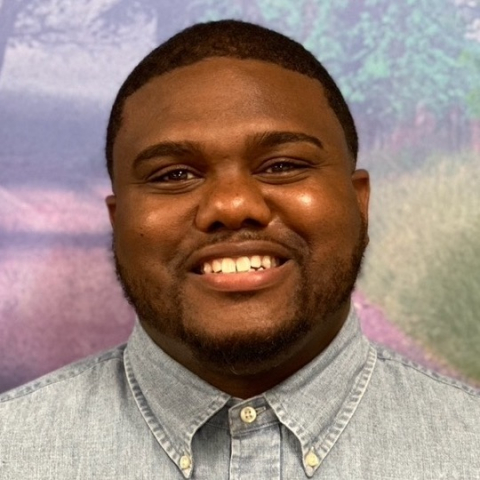
Dr. Tross completed his doctoral degree in Counseling Psychology at Western Michigan University in Kalamazoo, Michigan. During graduate school, he specialized in working with children with neurodevelopmental conditions and was a trainee in the Leadership Education in Neurodevelopmental and Related Disabilities (LEND) program. Dr. Tross also focused on understanding the different psychosocial factors that adversely affect the Black, Indigenous, and People of Color (BIPOC) communities and barriers limiting their access to mental health, which culminated in a dissertation exploring how different cultural and contextual factors affect Neuropsychological performance outcomes for African Americans. During his pre-doctoral training at the Center for Multicultural Training in Psychology, Dr. Tross received training in psychological and neuropsychological assessment with children as well as working with adolescents and adults navigating chronic psychosis. Dr. Tross completed his post-doctoral fellowship at the Developmental Medicine Center at Boston Children's Hospital/Harvard Medical School, where he focused on evaluating children with neurodevelopmental disorders such as Attention-Deficit/Hyperactivity Disorder (ADHD), Autism Spectrum Disorders, Learning Disabilities, and Intellectual Disability. Dr. Tross provides neuropsychological assessments for children ages three to adulthood with neurodevelopmental concerns or experiencing psychological distress. Dr. Tross also provides psychotherapy for those struggling with grief, living with anxiety and/or depression, dealing with unexpected life transitions, navigating relationship challenges, and experiencing race-based stress.
Outside of school hours Ms.Pisani has been involved with preparing resources for teachers to use when working with culturally diverse students and facilitating staff group discussions about race and equity, and student behavior management. Her clinical interests include learning new therapy approaches and assessments to use with her students and providing families with resources that can help them understand and support their child’s skill set and level of engagement with others.
